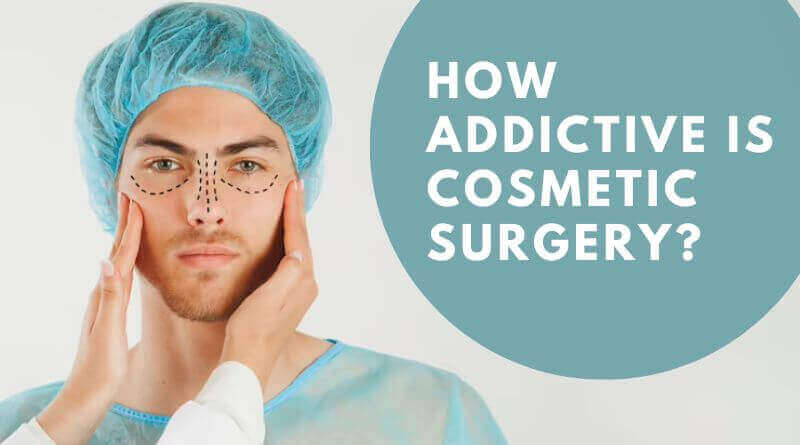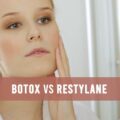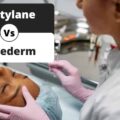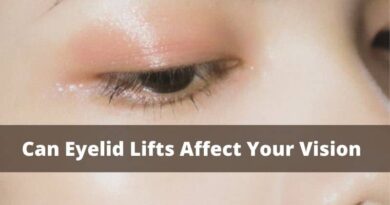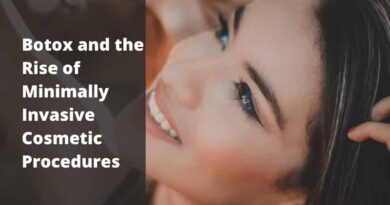How Addictive Is Cosmetic Surgery?
When we think of addiction, we often think of things like alcohol, smoking, or drugs. But addiction can show up in many ways, not just with substances. Addiction can also be about behaviours. Like substance addiction, behavioural addictions can also affect the person involved and their loved ones poorly.
One example for a behavioural addiction is the ongoing desire for beauty treatments like cosmetic surgery. Here, Cosmetic Surgery Solicitors discuss how addictive cosmetic surgery can be.
Table of Contents
What leads to cosmetic surgery addiction?
Cosmetic surgery addiction is when a person can’t stop wanting to change their appearance with plastic surgery. At first, being addicted to cosmetic surgery might not seem like a big deal. A single surgery can make a person feel good and improve how they feel about their body. But, once a person sees the benefits of cosmetic surgery, they might want more. They might plan more surgeries right away or slowly want more procedures over time.
Many people might not like one or two things about their bodies, from small issues like a crooked tooth to more problems like uneven breasts. If a person keeps looking for flaws and wants more cosmetic surgeries, they might have a problem called body dysmorphic disorder (BDD) and a cosmetic surgery addiction.
What is Body Dysmorphic Disorder?
BDD, or body dysmorphia, is when a person worries too much about flaws in their looks that others usually can’t see.
BDD can affect anyone, no matter how old they are or if they’re male or female. It’s more common in teenagers and young adults. Having BDD doesn’t mean a person is self-obsessed or vain; instead, it can be very upsetting and seriously affect a person’s life.
People with BDD often want cosmetic surgery because they wrongly think that changing their looks will fix their problems. However, cosmetic surgery often doesn’t help. People who are always unhappy with how they look are unlikely to be happy with the results because they can’t reach their impossible goals.
The role of society
Society can also have a big role in plastic surgery addiction. In our world today, people are seeing more unrealistic beauty standards in movies, music videos, and news.
These social influences can change our view of beauty and lead to mental health problems like BDD, which should be treated with therapy, not cosmetic surgery.
The risks of cosmetic surgery addiction
Addiction to anything, whether substances or beauty procedures, can be bad for your health. Plastic surgery addiction has serious risks; long-lasting depression can cause big problems in social and work life. Also, people might get upset or angry at loved ones who try to help.
The biggest worry is what multiple cosmetic surgeries can do to the body. People who have too many surgeries risk permanent damage to their bodies.
Avoiding cosmetic surgery addiction
Understanding how harmful cosmetic surgery can be and how it can lead to addiction is key to tackling the problem. Here are some tips to prevent this addiction:
- Do your homework: learn about the procedure, risks, and recovery before you agree to cosmetic surgery. Knowing what to expect will help you make a smart decision.
- Pick a good surgeon: choose a skilled surgeon who cares about your health and is honest about what the surgery can do.
- Get a second opinion: talking to another doctor can give you more information and help you make the best decision.
- Think about why you want surgery: consider why you want cosmetic surgery and decide if it fits with your values and long-term plans.
Getting help for cosmetic surgery addiction
Cosmetic surgery should not control anyone’s life. If you or someone you know has a problem with plastic surgery addiction, speak to your doctor for advice on what to do next and what resources can help.
Recommended Articles:

